Aon places low oil price at the top of its political risk map and warns of further instability for oil-dependent countries and their neighbours
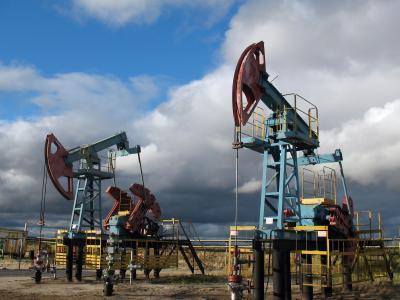
The impact of low oil prices in already fragile oil-dependent countries such as Iraq, Libya, Russia and Venezuela is the top political risk facing emerging markets in 2016, according to Aon’s latest political risk map.
Countries with more resilient institutions and greater foreign currency reserves will be better positioned to minimise sovereign non-payment and exchange transfer risks, Aon said. This includes countries such as the Gulf States, Colombia, Malaysia and Kazakhstan.
Increased security risks in neighbouring countries such as Iraq, Algeria, Nigeria, Libya and Syria are likely to hinder improving risk outlooks for countries that might stand to benefit from cheaper oil, like Egypt, Tunisia and Morocco, it added.
“Oil-producing nations must find substitutes for lost revenues which will put pressure on their corporate sectors at a minimum through tax regime adjustments and at the extreme through IPOs of state-owned enterprises,” said Matthew Shires, head of political risk for Aon Risk Solutions. “With no sign of oil prices returning to previous levels, turbulence in many oil producing states is likely to continue, and could worsen.”
Many of the afflicted countries are also dealing with heightened levels of political violence and terrorism by extremist groups such as ISIS and Boko Haram. Even in countries which look more resilient, increased taxes and higher unemployment are likely to add to political strains making it harder for them to cope with other shocks.
Despite low oil prices exacerbating political risk in oil-producing countries, for the first time in the last three years, the Aon Political Risk Map reflects more countries with reductions in political risk than increases.
One of the countries that has seen a reduction in political risk is Iran, following the loosening of international sanctions. “With uncertainty around the extent to which the country’s Revolutionary Guards and others with vested interests will play a role in the economy, the operating environment remains unclear. A stronger government position could lead to Iranian intervention elsewhere in the region and perpetuate regional political risk,” Aon said.
Rachel Ziemba, managing director of research at Roubini Global Economics, added: “Iran’s re-entry to global markets will increase the supply of oil, and eventually gas, as it gains access to more foreign markets including Europe. Iran has a more diversified economy than many Middle Eastern and African peers and has done more to adjust to lower oil prices.”
In China, political risk has eased owing to the government’s regulatory reform programme and lifting of sanctions.
“The risk of political violence has decreased to medium-high from high as president Xi Jinping appears to have scaled back his anti-corruption campaign in an effort to maintain economic growth and stability,” the global broker said.
However, while this rebalancing brings a reduction in domestic risks, it may amplify them abroad.
This is particularly true for China’s neighbours and key trading partners, which could experience higher political and economic risks as the pace and composition of growth changes.
Aon head of structured credit and political risk in Asia Miles Johnstone said: “Despite continuing volatility in the stock market and sharp currency adjustments, in the medium-term China will see better growth: reduced capital waste, less white elephant infrastructure spending, less corruption and less unproductive debt.
“In the meantime, the slowdown in Chinese demand for commodities and other imports continues to drag down economic growth among China’s key trading partners including Australia and Singapore, and to a lesser extent Malaysia, Philippines and Vietnam.”





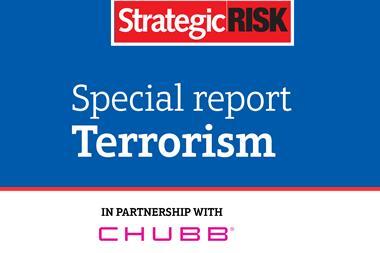
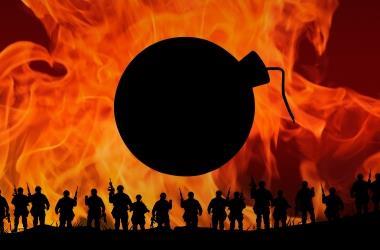

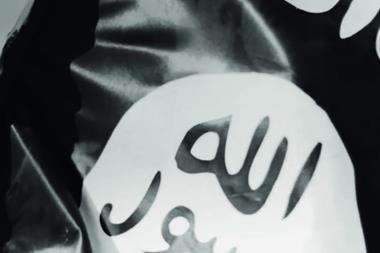




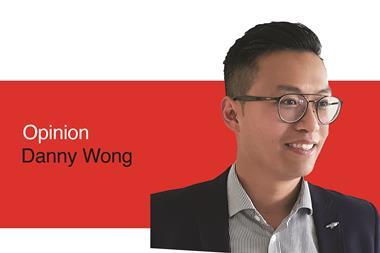

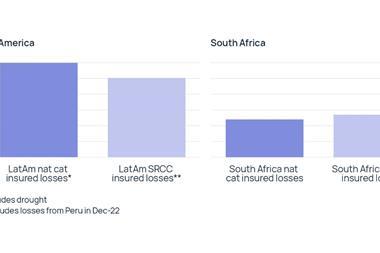
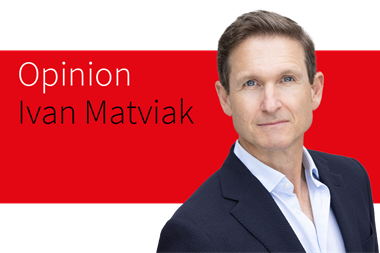



No comments yet